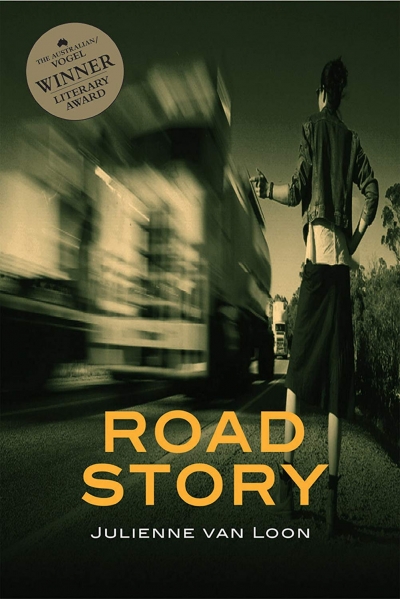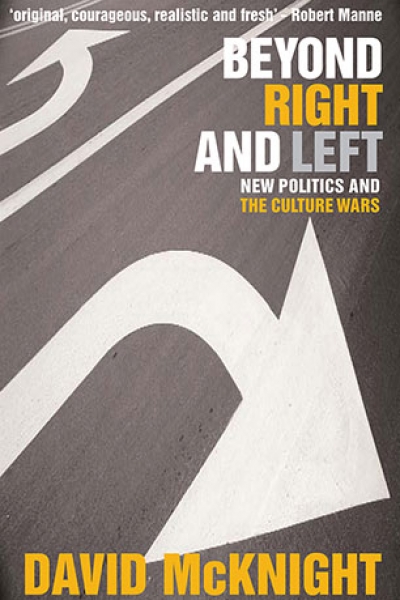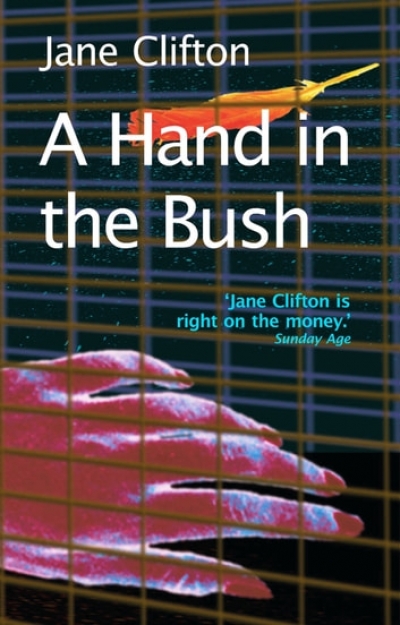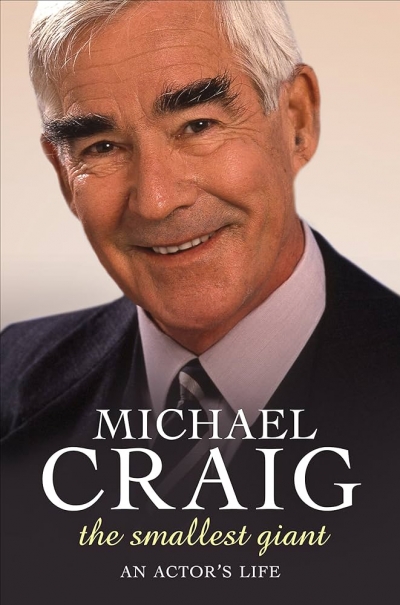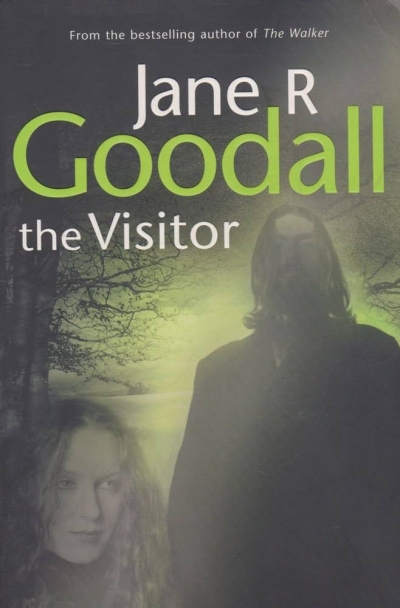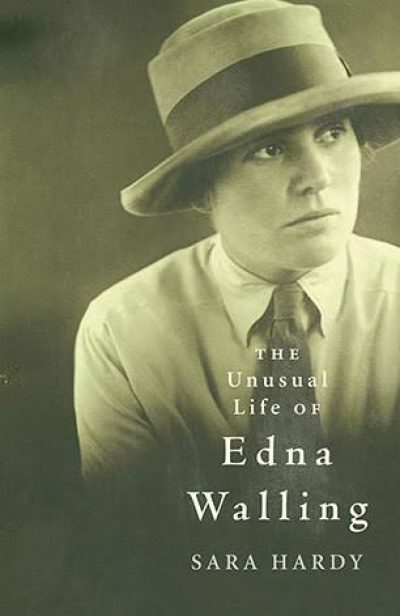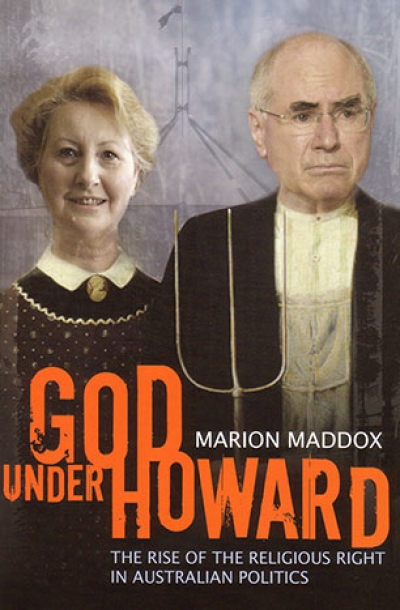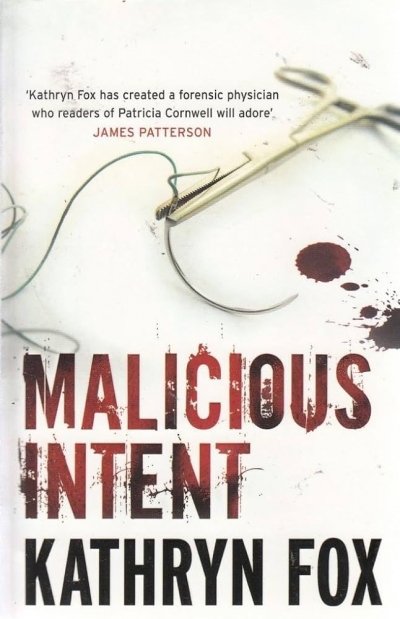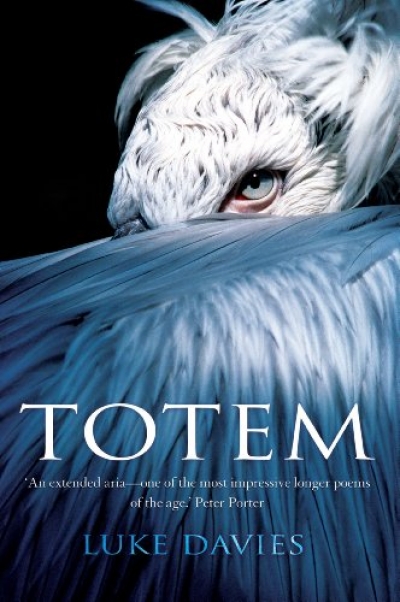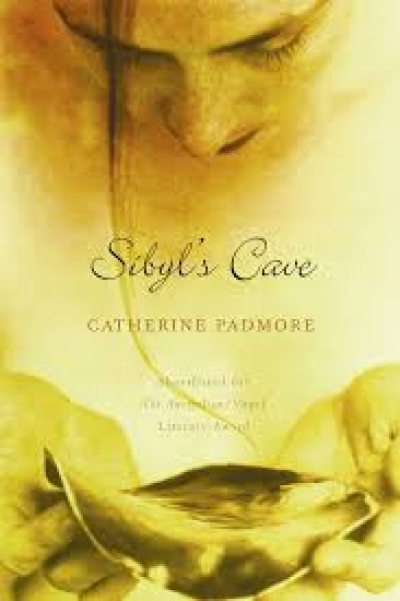Allen & Unwin
Road Story by Julienne van Loon & Everyman’s Rules for Scientific Living by Carrie Tiffany
by Michelle Griffin •
Beyond Right and Left: New politics and the culture wars by David McKnight
by Guy Rundle •
A Hand in the Bush by Jane Clifton & Death by Water by Kerry Greenwood
by Jake Wilson •
God Under Howard: The rise of the religious right in Australian politics by Marion Maddox
by James Upcher •
Sybil’s Cave by Catherine Padmore & The Submerged Cathedral by Charlotte Wood
by Anna Goldsworthy •

